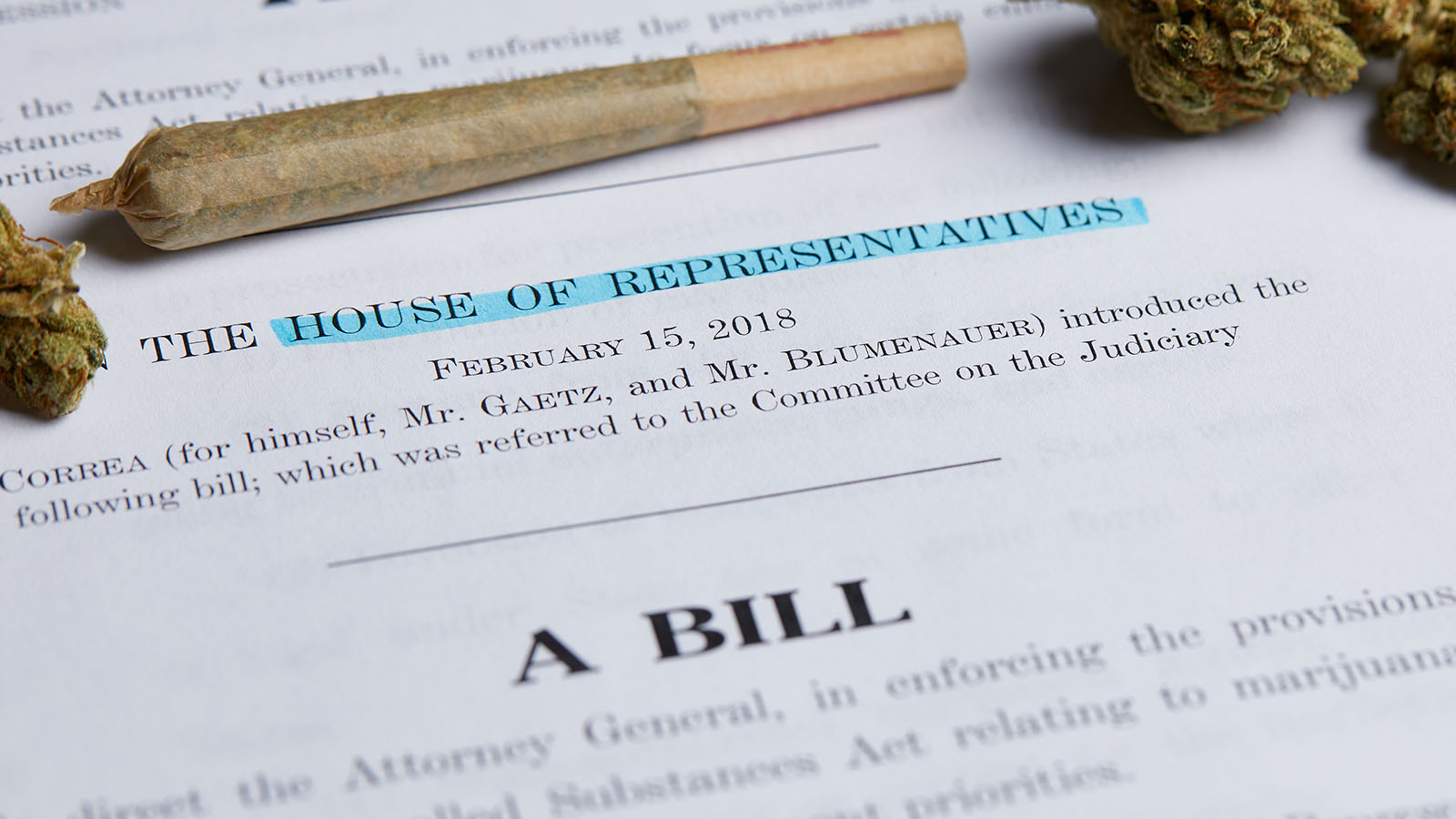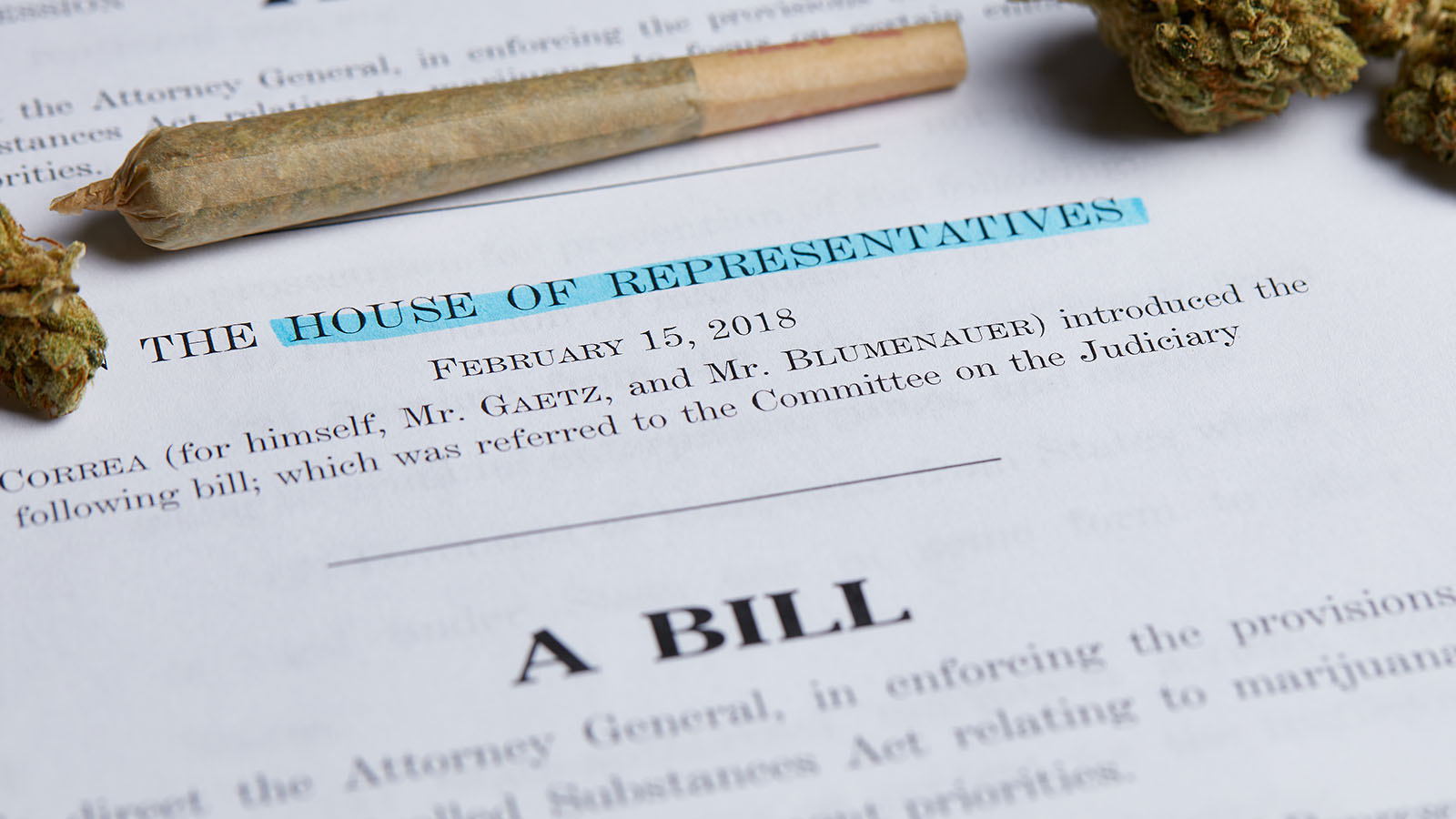
A new emergency bill introduced in the California Senate intends to rectify a provision in the state’s legal cannabis landscape that has cut off access for many low-income, terminally ill, and chronically ill patients who rely on it medically.
When Proposition 64, also called the Adult Use of Marijuana Act, passed in November 2016 and made adult-use cannabis legal on Jan. 1, 2018, it also grouped all providers, commercial or non-profit, into one category and levied heavy taxes on each pound of marijuana distributed.
The tax structure of Proposition 64 proved fatal to some collectives, including the nation’s oldest continuously operating compassionate care collective, the Wo/Men’s Alliance for Medical Marijuana (WAMM) of Santa Cruz. In Jan. 2018, just as adult-use cannabis became legal, WAMM officially closed its doors, in part because of the new tax burden.
“In 2017 we gave away thousands of dollars worth of cannabis, serving over 2,000 people. But since we had to close there are many people suffering,” said Valerie Corral, director of WAMM, which has provided donation-based medical marijuana to low-income patients since 1993. “There were people in need but WAMM was not able to do anything,” Corral said.
Photo courtesy of WAMM
Democratic state Sen. Scott Wiener has twice introduced legislation aimed to help revise the tax and legal structure of Proposition 64 so that new and existing compassionate-care providers can donate medical marijuana. In late 2018, Wiener introduced his latest measure, SB 34, which aims to eliminate the excise tax on donated medical cannabis and allow it to be distributed for no cost to patients. The new bill is built on the foundation of SB 829, which was introduced in early 2018, but was vetoed later that year by then-Governor Jerry Brown.
“I don’t think Jerry Brown thought when he signed that veto, that he was signing peoples’ death sentences,” said Joe Airone, founder of the Sweet Leaf Collective in San Francisco. “Some of our patients now have to make a horrible decision: Do I buy cannabis or do I buy food?”
Some of our patients now have to make a horrible decision: Do I buy cannabis or do I buy food? Click To Tweet
Started by a group of bicycle messengers who organized to deliver free medical marijuana to terminally ill HIV/AIDS patients in 1996, the Sweet Leaf Collective announced its closure in December 2018. At the time, the group passed out a six-month supply of cannabis to dozens of patients from the home of the late Dennis Peron, the activist dubbed the “father of medical marijuana” who co-authored California’s groundbreaking Proposition 215, also known as the Compassionate Use Act of 1996.
“Compassion is the foundation of the cannabis movement in California,” Airone said. According to Airone, compassionate-care providers now face taxes of up to $1,000 per pound for the cannabis they distribute free of charge even though they are nonprofits, have no operating budget, and are volunteer-run.
Photo courtesy of WAMM.
The SB 34 emergency bill cites the intent of Proposition 215 and would clarify that cannabis donated to compassionate-care patients is medicinal in nature and will be exempt from commercial taxation if certain requirements are met.
“Poverty should not be a barrier to getting your medicine. We don’t tax prescription drugs. Why should we tax medical cannabis?” Wiener said in an interview for Bay Area public broadcaster KQED on Nov. 29, 2018. After introducing SB 34, the senator added that he expected the new emergency bill to be on Democratic Gov. Gavin Newsom‘s desk by mid-2019. SB 34 is co-sponsored by Democratic state Sen. Nancy Skinner and has bipartisan support.
Advocates are hopeful about the chances for SB 34 to pass since Newsom has supported the marijuana movement and also actively ran on a platform pushing for a universal health-care system that would cover the poor and uninsured.
“I am confident that we will be able to create a mechanism that works with this new legislation, with our new governor, and that he will sign it,“ Corral said. “Sen. Wiener has had his finger on the pulse and his ear on the heartbeat of compassion since the beginning.”
Airone of Sweet Leaf added, “It sounds like if we get this bill passed, we could be up and running as soon as June. It’s an emergency bill and it’s looking like it has lots of support. But it has to go through all these committees before it’s finalized and approved.”
Corral, who has been finding ways to get cannabis to her patients outside of the temporarily closed WAMM, vows to continue to do so regardless of whether SB 34 passes. Operating as “an outlaw” is nothing new for her as the collective’s cannabis garden was the target of raids by the Drug Enforcement Administration (DEA) in the 2000s. With the help of the American Civil Liberties Union (ACLU) and the city of Santa Cruz, they led to her successfully suing the DEA and the U.S. Attorney General for the right to grow and distribute cannabis to cancer, HIV/AIDS, and other patients who cannot afford market-price marijuana. According to the alliance’s attorney, Ben Rice, WAMM was subsequently described as the “gold standard” of medical marijuana collective by federal Judge Jeremy Fogel, who granted WAMM an injunction against further raids or harassment.
“I am not going to let somebody die because the government tells me I can’t help them,” she said. “When we forget that in this world we do better when everyone does better, we really lose the heart of this movement.”











